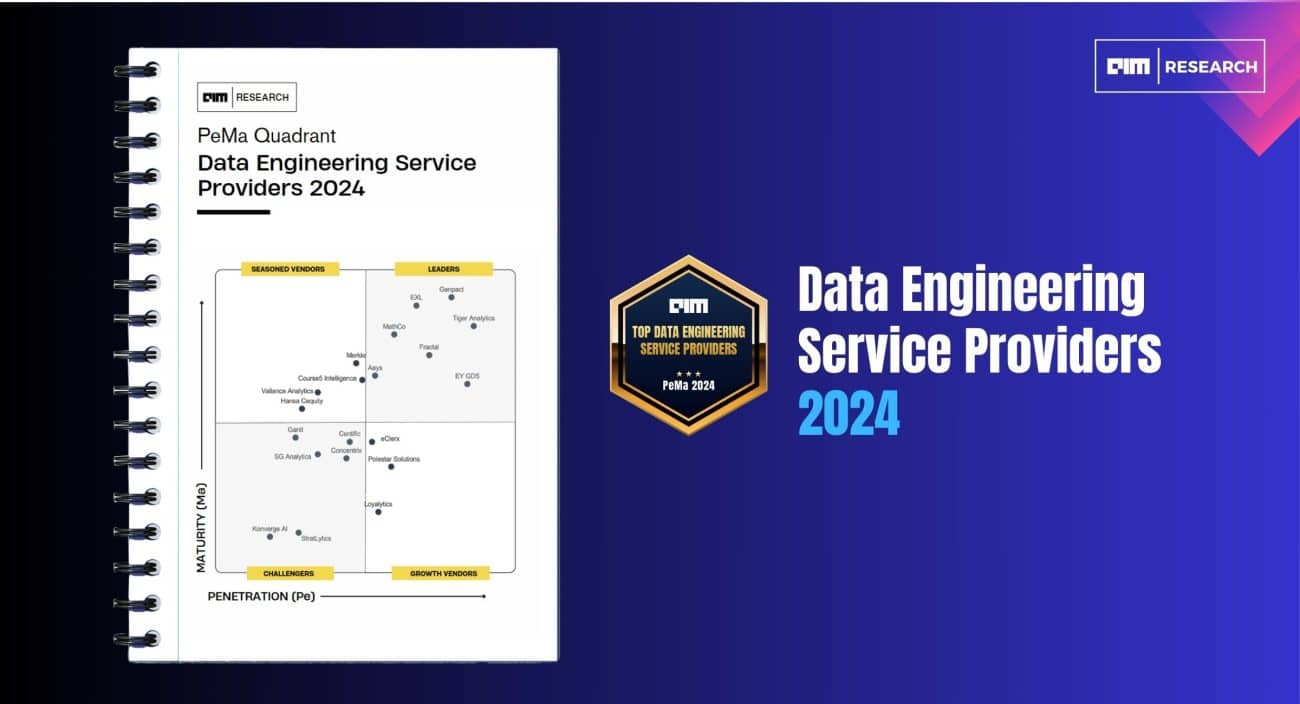The Indian tech industry is predominantly influenced by green energy. Under this, wastewater treatment, e-vehicles, and water treatment are the critical market segments. Green-tech has enormous potential because the 100% FDI approval has paved the way for a huge capital influx. For example, in the first quarter of FY21, India received investments worth $6.6 billion.
Additional support from government policies like the National Electric Mobility Mission Plan (NEMMP) and Faster Adoption and Manufacturing of Electric Vehicles (FAME) helped electric vehicles spread like wildfire in India. Also, investments via public-private partnerships (PPP), tax reductions, and exemptions from customs duty will further boost the sales of e-vehicles in the country. However, even though steps are taken, and policies are rolled out, it is not black and white.
The Indian green tech market faces several issues like the unavailability of a unified policy structure and accessing finance. Although there are policies in different industry segments, it lacks coordination between the centre and the state. As a result, green tech startups often find it difficult to get early-stage funding. Moreover, grid integration, scheduling, forecasting, and power purchase agreements (PPA) are major challenges that restrict India from unlocking its green potential.
Industry insights
India has been ranked as fourth in wind power, fifth in solar power, and fourth in renewable power installed capacity as of 2020. Also, India retained its rank as third on the EY Renewable Energy Country Attractive Index last year. Meanwhile, renewable energy will reach 55% of the total installed capacity by 2030.
The government also plans to make one ‘‘green city” in each state using renewable energy. This “green city” will use solar rooftop systems for houses, develop solar parks outside the city, and roll out e-vehicles as a means for public transport. Although there has been a steady development in this sector, startups can now be confident after the Ministry of Commerce and Industry reported that approximately 91,500 patents were granted during 2016-17 and 2020-21. The government also mentioned that it would clear almost 25,000 applications in 2022.
To put things into perspective, almost 61,000 patents were approved for green tech; out of these, 90% were for waste management and alternative energy production. The remaining green tech patents were sanctioned for energy conservation (2,555), transportation technologies (2,481), nuclear power generation (1,079), and agriculture-and-forestry (161). Patents are crucial for the green tech sector because it helps invent and produce eco-friendly technologies, which directly affects society by increasing wealth and reducing high energy usage. In addition, allowing or approving patents acts as a catalyst for innovation. When countries fast-track green patent applications, it works as an incentive and helps achieve economic and environmental sustainability. Usually, patents for green tech depend on “hard law”, which includes laws, treaties, and regulations.
How is tech deployed?
Artificial intelligence (AI) is widely used in green tech because it can learn through experience, collect massive amounts of data from various sources, rectify human errors, and take actions based on its conclusions. Green-tech companies work towards reducing their carbon footprint by deploying AI. However, if carbon offset prices increase in the future, AI will help cut down costs. Although AI is the fan favourite, the Internet of Things (IoT) and machine learning (ML) are also used.
IoT is commonly used in waste management for route optimisation, which helps in reducing fuel consumption while dumping throughout the city. Similarly, gateways bridge the gap between the IoT platform and sensors and transfer data to the cloud. Meanwhile, machine learning applications are used for predictive analytics. The machine learning algorithms supervised the equipment and frequently checked whether it ran properly or needed repair. Due to this, workers can avoid expensive breakdowns and save time on unnecessary maintenance. ML helps renewables to become more reliable, affordable, and desirable.
Green-tech companies use AI-powered data engineering to track emissions throughout their carbon footprint. It collects data from operations, IT equipment, materials and components. AI can be used to exploit data from satellites, and after layering intelligence on the data, it can accurately generate missing data and estimate the certainty of results. Predictive AI is used to forecast emissions, reduce efforts, and develop new carbon reduction procedures, therefore, resulting in achieving reduction targets easily.
Companies can use AI to get detailed insight into every value chain segment; meanwhile, prescriptive AI and optimisation immediately improve efficiency in production, transportation, and cutting costs. To be blunt, AI helps green tech companies effectively reduce environmental impact and ease up the financial burden caused by the COVID-19 pandemic.
AI, ML, and IoT are key technological tools green tech companies use to provide full energy and carbon transparency, accounting for full-stack supply chains, mining the waste reproduced by consumer gadgets, and finally, understanding rebound effects. In a turn of events, the global pandemic has brought about some positive changes in the green tech industry. The growing adoption of e-vehicles (EVs) and more green energy usage are the new mix to deal with the environmental problems. In addition, EVs will have a critical role to play as it is seen as an escape route for reducing oil import costs. Finally, electric mobility will be the key facilitator for sustainable growth in a post-pandemic India.
































